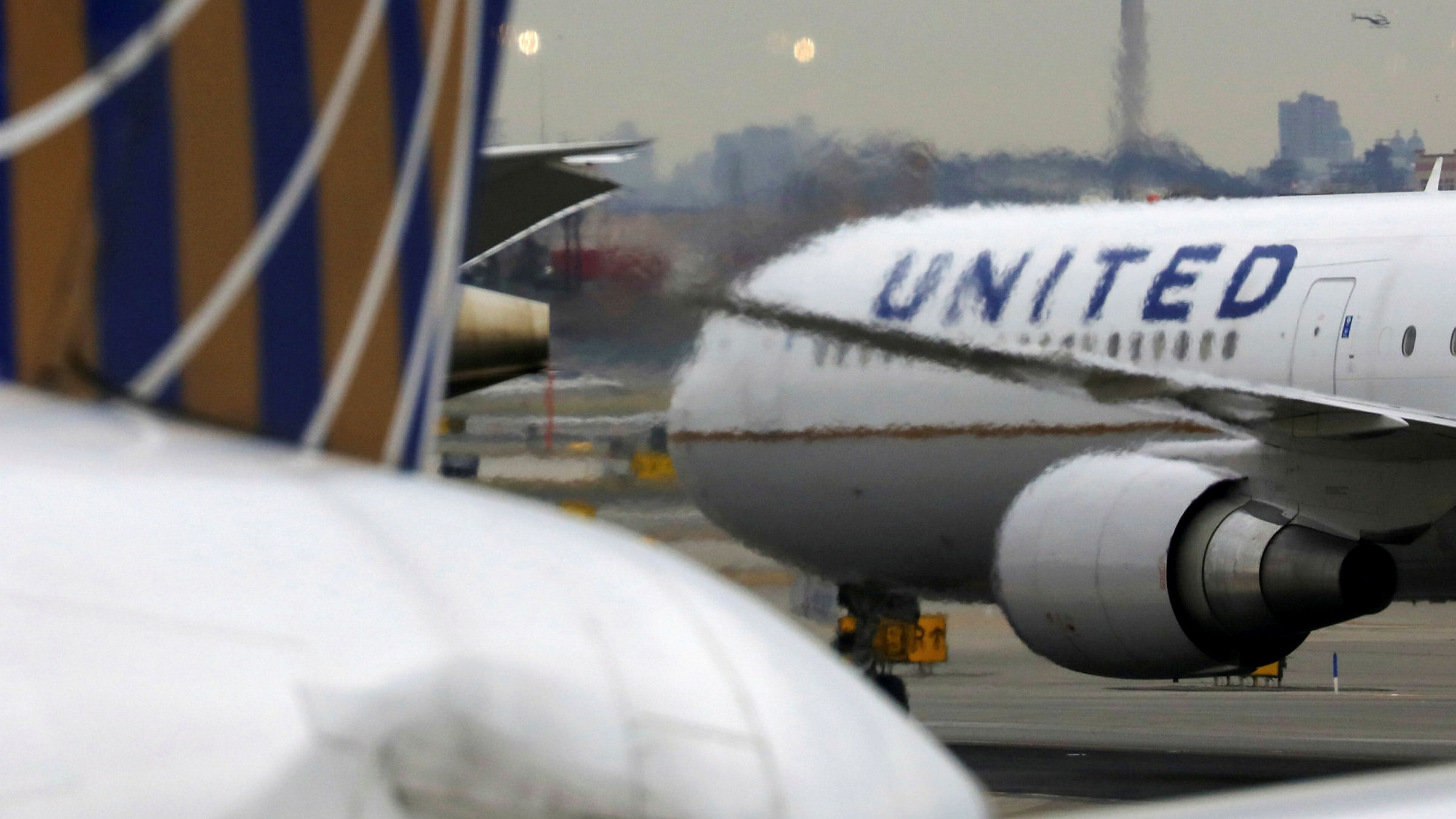 A United Airlines passenger jet taxis at Newark Liberty International Airport, New Jersey, on Dec 6, 2019. (Photo: REUTERS/Chris Helgren)
A United Airlines passenger jet taxis at Newark Liberty International Airport, New Jersey, on Dec 6, 2019. (Photo: REUTERS/Chris Helgren)
Chicago-based United had over 90,000 employees before the pandemic brought the industry to a near standstill in March and had warned in July that 36,000 jobs were at risk of involuntary furloughs as demand remains weak.
It reduced the final number of forced cuts thanks to demand for voluntary departures or temporary leaves.
Airlines received US$25 billion in US government stimulus funds in March meant to cover payrolls and protect jobs through September, when the industry had hoped for a rebound.
As bailout money runs out without a travel recovery in sight, airlines and unions have lobbied Washington for another US$25 billion but talks have stalled as Congress has struggled to reach agreement on a broader coronavirus assistance package.
US passenger airlines are still collectively losing more than US$5 billion a month as 30 per cent of planes remain parked. Passenger travel demand is down about 70 per cent and, on average, planes that are flying are half-full.
United’s schedule for September is 63 per cent smaller than a year ago.
Among different work groups, its job cuts will affect around 2,850 pilots, 6,920 flight attendants, 2,010 mechanics and 1,400 management and administrative positions, among others, though negotiations continue with pilots to reduce the final number.
Rival American Airlines last week said it will lay off 19,000 workers without federal aid. Including voluntary departures or leaves, its 140,000 pre-pandemic workforce will shrink by 30 per cent.
Delta Air Lines plans to lay off nearly 2,000 pilots without wage concessions, but has not yet said how many jobs for workers including flight attendants and mechanics are at risk.
President Donald Trump has said his administration would help US airlines but has not given any details.
Congress also approved another US$25 billion in loans for airlines under the first stimulus package, but not all of them are tapping the funds.
Cre: CNA
Nguyen Xuan Nghia – COMM











